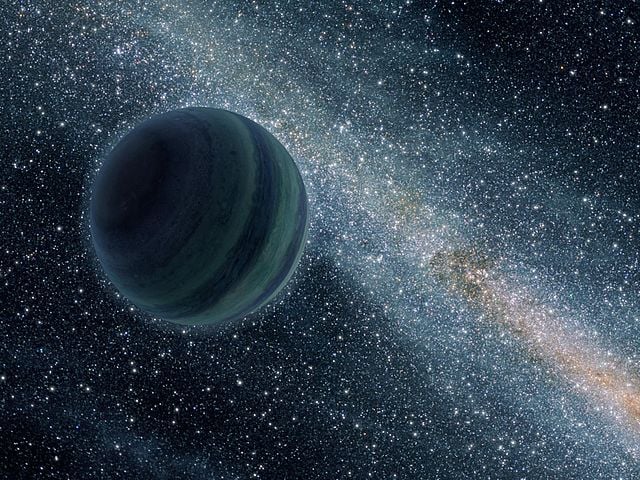
“Did you miss seeing Mercury transit the sun? Don’t worry, it’ll happen again in May 2049”
“What’s the Best Way to Sail From World to World? Electric Sails or Solar Sails?”
***
“[J]ust as I believe that the Book of Scripture illumines the pathway to God, so I believe that the Book of Nature, with its astonishing details – the blade of grass, the Conus cedonulli, or the resonance levels of the carbon atom – also suggest a God of purpose and a God of design. And I think my belief makes me no less a scientist.” (Owen Gingerich, former Research Professor of Astronomy and of the History of Science at Harvard University, currently senior astronomer at the Smithsonian Astrophysical Observatory)
“Scientific progress is the discovery of a more and more comprehensive simplicity. . . . The previous successes give us confidence in the future of science: we become more and more conscious of the fact that the universe is cognizable.” (Father Georges Lemaître [1894-1966], Belgian astronomer, physicist, and priest, and, arguably, originator of the theory of the “Big Bang”)
“The most incomprehensible thing about the universe is that it is comprehensible.” (Albert Einstein, German-American physicist [1879-1955])
“The idea of a universal mind or Logos would be, I think, a fairly plausible inference from the present state of scientific theory.” (Sir Arthur Eddington, British astronomer, physicist, and mathematician [1882-1944])
“Let me say that I don’t see any conflict between science and religion. I go to church as many other scientists do. I share with most religious people a sense of mystery and wonder at the universe and I want to participate in religious ritual and practices because they’re something that all humans can share.” (Sir Martin Rees, British cosmologist and astrophysicist; Astronomer Royal since 1995; president of the Royal Society 2005-2010; Master of Trinity College, Cambridge, 2004-2012.)












